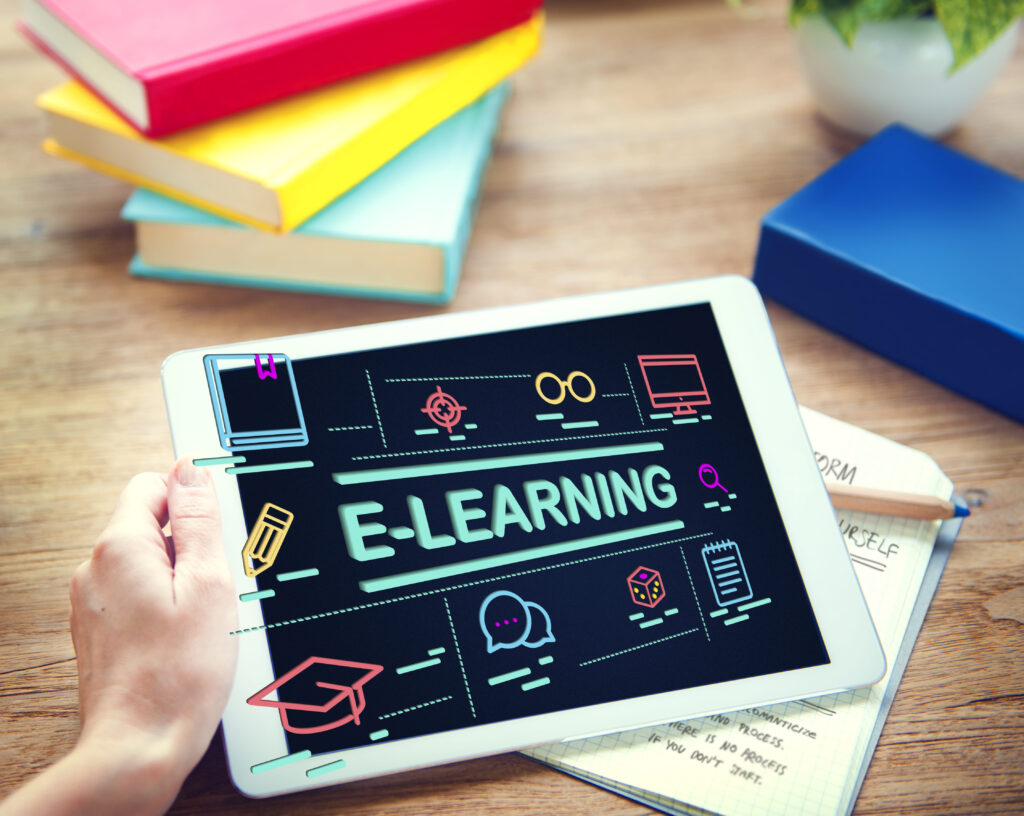
The educational system in Thailand has significantly improved during the last few decades.
The government has made significant investments in education, and thanks to technological advancements, it has been able to enhance the educational system and increase access to high-quality education for kids across the country. This essay will examine how Thailand improves its educational system with technology and why doing so is crucial for the country’s future.
The Thai education system has undergone significant changes over the past few years. The government has put in place a variety of changes with the dual goals of raising access to education and improving its quality. New curricula have been implemented, new instructional materials have been created, and instructors have been trained to apply new teaching techniques as part of these reforms.
Online Learning Platforms
Online learning platforms are web-based tools that provide students with access to educational materials, including textbooks, videos, and interactive exercises. These platforms also provide teachers with tools to create and manage online courses, track student progress, and provide feedback to students.
One example of an online learning platform being used in Thailand is the National e-Learning Center (NeLC). The NeLC is a web-based platform that provides access to a wide range of educational materials and resources, including textbooks, videos, and interactive exercises. The platform is designed to be used by students and teachers across the country, regardless of their location or access to traditional educational resources.
Educational Apps

Educational apps are mobile applications that provide students with access to educational materials, including videos, quizzes, and interactive exercises. These apps are designed to be used on mobile devices, which are becoming increasingly popular in Thailand.
One example of an educational app being used in Thailand is the English Everywhere app. The English Everywhere app is designed to help students improve their English language skills. Students have access to a variety of educational resources through the app, including videos, tests, and hands-on activities. Additionally, the app has a chat component where students can practice their English with other app users.
Smart Classrooms
In addition to online learning platforms and educational apps, Thailand is also utilizing technology to improve the quality of teaching in its schools. One way this is being done is through the use of smart classrooms. Smart classrooms are classrooms that are equipped with the latest technology, including interactive whiteboards, projectors, and computers. These classrooms are designed to provide teachers with tools to create and deliver engaging lessons that are tailored to the needs of individual students.
One example of a smart classroom being used in Thailand is the Bangkok Prep School. The Bangkok Prep School is a private international school that has implemented a smart classroom program to enhance the quality of teaching and learning. The school has equipped its classrooms with interactive whiteboards, projectors, and computers, and has provided teachers with training on how to use these tools to create engaging lessons.
Computer-Based Testing
Finally, Thailand is also utilizing technology to improve the assessment of student learning. Computer-based testing is one method used to do this. Computer-based testing is a term used to describe an assessment type that is completed on a computer or other digital device. In comparison to traditional paper-based testing, this style of assessment provides a number of benefits, including the opportunity to more comprehensively evaluate student performance and the ability to give students immediate feedback.
One example of computer-based testing being used in Thailand is the National Assessment Test (NAT). Students in grades 6, 9, and 12 take the NAT, a standardized examination. A number of academic subjects, including math, science, and English, are assessed on the computer-based test to gauge pupils’ knowledge and skills. The introduction of computer-based testing has simplified test administration for the government and has also produced more precise and thorough data on student achievement.
Final Thoughts
The future success of Thailand depends on its efforts to improve its educational system through the use of technology. The nation is ensuring that its kids are prepared for the 21st century by granting them access to online learning platforms, educational apps, smart classrooms, and computer-based assessment. By enabling teachers to design dynamic, interesting classes and by giving students access to a multitude of educational resources, these technological innovations are assisting in raising the standard of education. With continued investments in technology and education, Thailand is in a solid position to advance in its efforts to provide top-notch education to all of its pupils. The nation can do this by creating a more wealthy and equitable future for its people.